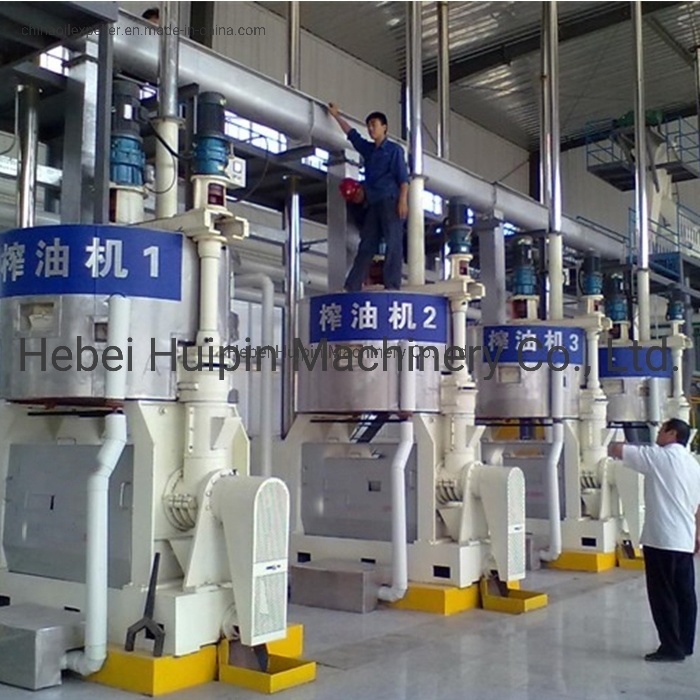Aug . 06, 2024 06:59 Back to list
Comprehensive Guide to Maintaining and Replacing Horizontal Oil Filters for Optimal Performance
The Importance of Horizontal Oil Filter Service
In the realm of industrial machinery and automotive engineering, the importance of maintaining fluid systems cannot be overstated. Among the various components responsible for ensuring optimal performance, oil filters play a crucial role. Horizontal oil filters, in particular, have garnered attention due to their efficiency and effectiveness in fluid filtration. However, like any mechanical component, they require regular service and maintenance to guarantee their functionality and longevity.
Understanding Horizontal Oil Filters
Horizontal oil filters are designed to accommodate various fluids used in engines and hydraulic systems. Unlike vertical filters, which rely on gravity to direct the flow of oil, horizontal filters utilize a horizontal flow path that allows for a more compact installation and can handle a higher volume of oil. This design makes them particularly popular in heavy machinery, industrial equipment, and certain automotive applications.
The primary purpose of an oil filter is to remove contaminants from the oil, which can include dirt, metal particles, and other debris that accumulate during operation. Over time, these contaminants can lead to a myriad of problems, including reduced efficiency, increased wear on engine components, and even catastrophic failures if left unchecked. Hence, regular servicing of horizontal oil filters is imperative.
Why Service is Essential
1. Efficiency Maintenance Regular service ensures that horizontal oil filters operate at peak efficiency. When filters become clogged with debris, they can cause a decrease in oil flow, leading to inadequate lubrication. This not only affects performance but can also result in overheating and premature wear of engine parts.
2. Extending Equipment Lifespan Proper maintenance of oil filters contributes to the overall longevity of machinery. Clean oil is essential for protecting vital components, and regular servicing can prevent expensive repairs that stem from neglecting this crucial aspect of machinery maintenance.
3. Cost-Effectiveness While servicing may seem like an added expense, it is actually a cost-effective approach in the long run. By investing in regular maintenance, businesses can avoid the high costs associated with major mechanical failures, downtime, and lost productivity.
horizontal oil filter service

4. Environmental Responsibilities Used oil filters can pose environmental risks if not disposed of properly. Committing to regular servicing allows for the appropriate recycling or disposal of oil filters, minimizing the environmental footprint of industrial operations.
Best Practices for Horizontal Oil Filter Service
To ensure the effective maintenance of horizontal oil filters, several best practices should be followed
- Regular Inspection Conduct routine checks to identify signs of wear or damage. Look for leaks, signs of corrosion, or any noticeable changes in filter pressure.
- Timely Replacement Follow manufacturer guidelines for replacement intervals. Depending on usage and operating conditions, filters may need to be changed more frequently.
- Oil Analysis Implement an oil analysis program to monitor lubricant condition and particle contamination levels. This proactive approach can give insights into when a filter change is necessary.
- Professional Service For complex systems, hiring professionals with expertise in oil filtration can ensure that every aspect of the service is conducted properly, reducing the risk of errors.
Conclusion
In conclusion, horizontal oil filters are vital components in many industries, helping to maintain a clean and efficient system. Regular servicing is essential not only for performance but also for the longevity of the equipment and environmental sustainability. By adhering to best practices for oil filter maintenance, businesses can ensure their operations run smoothly, ultimately leading to increased reliability and reduced operational costs. Investing in quality maintenance today will pave the way for a more efficient and effective tomorrow.
-
HP 120 Cold Oil Press - Hebei Huipin Machinery | Automated Oil Extraction&High Efficiency
NewsAug.15,2025
-
HP 120 Model Cold Oil Press - Hebei Huipin Machinery | High-Efficiency Oil Extraction & Automated Processing
NewsAug.15,2025
-
HP 120 Cold Oil Press-Hebei Huipin Machinery|Oil Extraction, Cold Press Technology
NewsAug.15,2025
-
HP 120 Model Cold Oil Press - Hebei Huipin Machinery Co., Ltd. | High Automation, Multi-Functional Compatibility
NewsAug.15,2025
-
Efficient Black Seed Oil Expeller | High Yield Oil Press Machine
NewsAug.15,2025
-
HP 120 Cold Oil Press - Hebei Huipin | Energy-Efficient, High-Quality
NewsAug.14,2025
